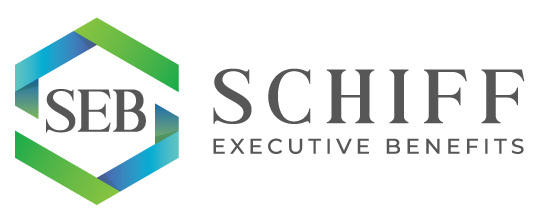
We can work as your broker with any carrier for the best solutions, while using some of the best and strongest financial services firms to customize these programs on your behalf. Your program can be as unique as you and your company.
Creating The Perfect Plan™
Want to make retirement simple? Then talk to us about the following:
- A Fixed Dollar Amount Set Aside
- For a Fixed Period of Time
- Growing at a Fixed Rate of Return
- Generating a Fixed Cash Flow
- For a Pre-Defined Fixed Period of Time
This can be done at the employer and employee level. For more information click here.
Specialties:
In conjunction with our recommended Third-Party Administrative platform partners, we help our clients maintain compliance in this ever increasingly difficult regulatory environment. Customized benefit programs designed to comply with corporate and bank owned life insurance regulations IRC 101(j) as well as being designed to comply with deferred compensation regulations IRC 409A.
We won’t replace your advisor, we’ll work with them.
Our integrated approach that includes all of the client’s advisors:
- Accountant
- Attorney
- TPA
- Insurance Agent and/or, Financial Advisor
Schiff Executive Benefits will assist the client in achieving their goals from the beginning. Each plan is designed based upon the employer’s/employees’ needs with an emphasis on full cost recovery of the employer’s executive benefit programs.




